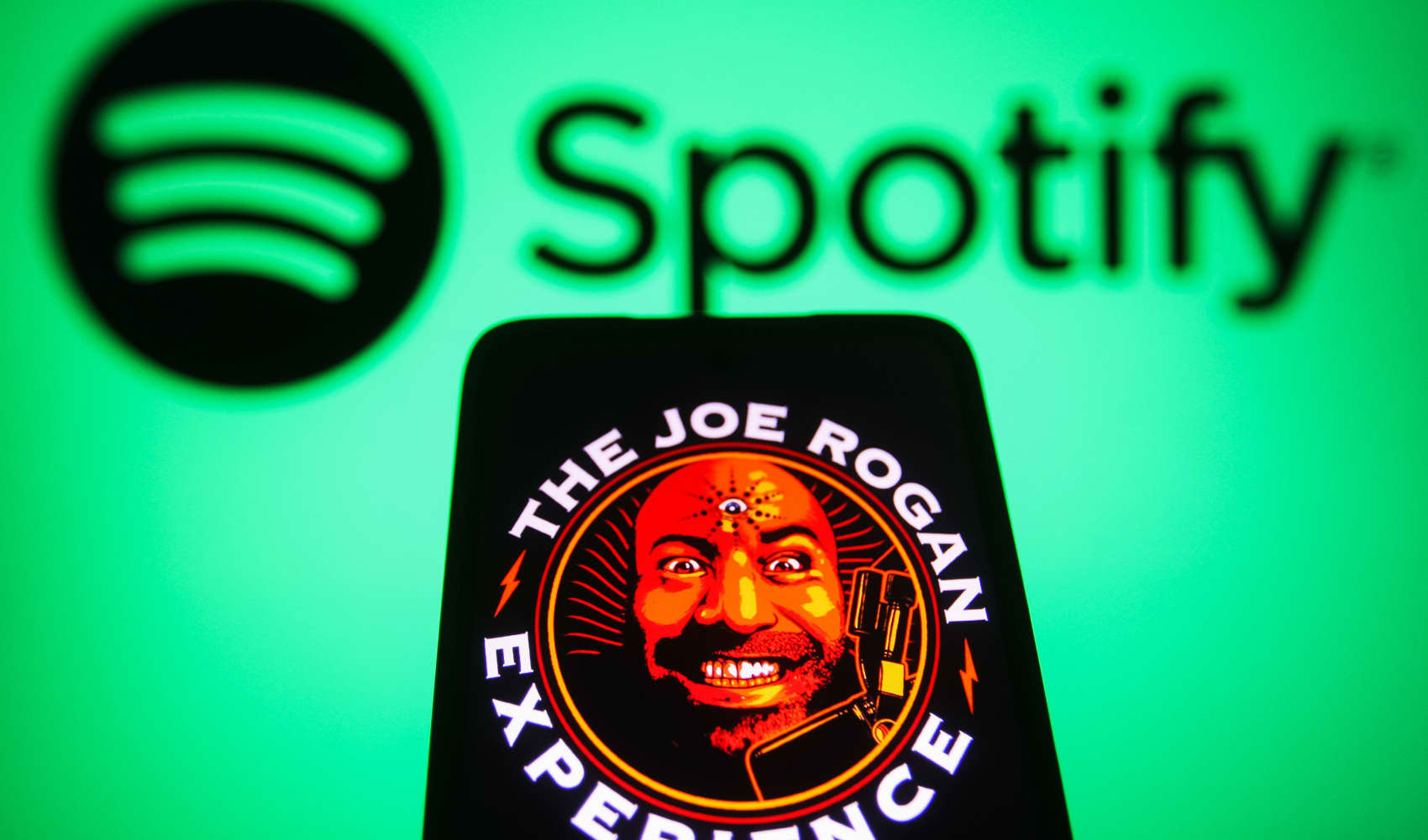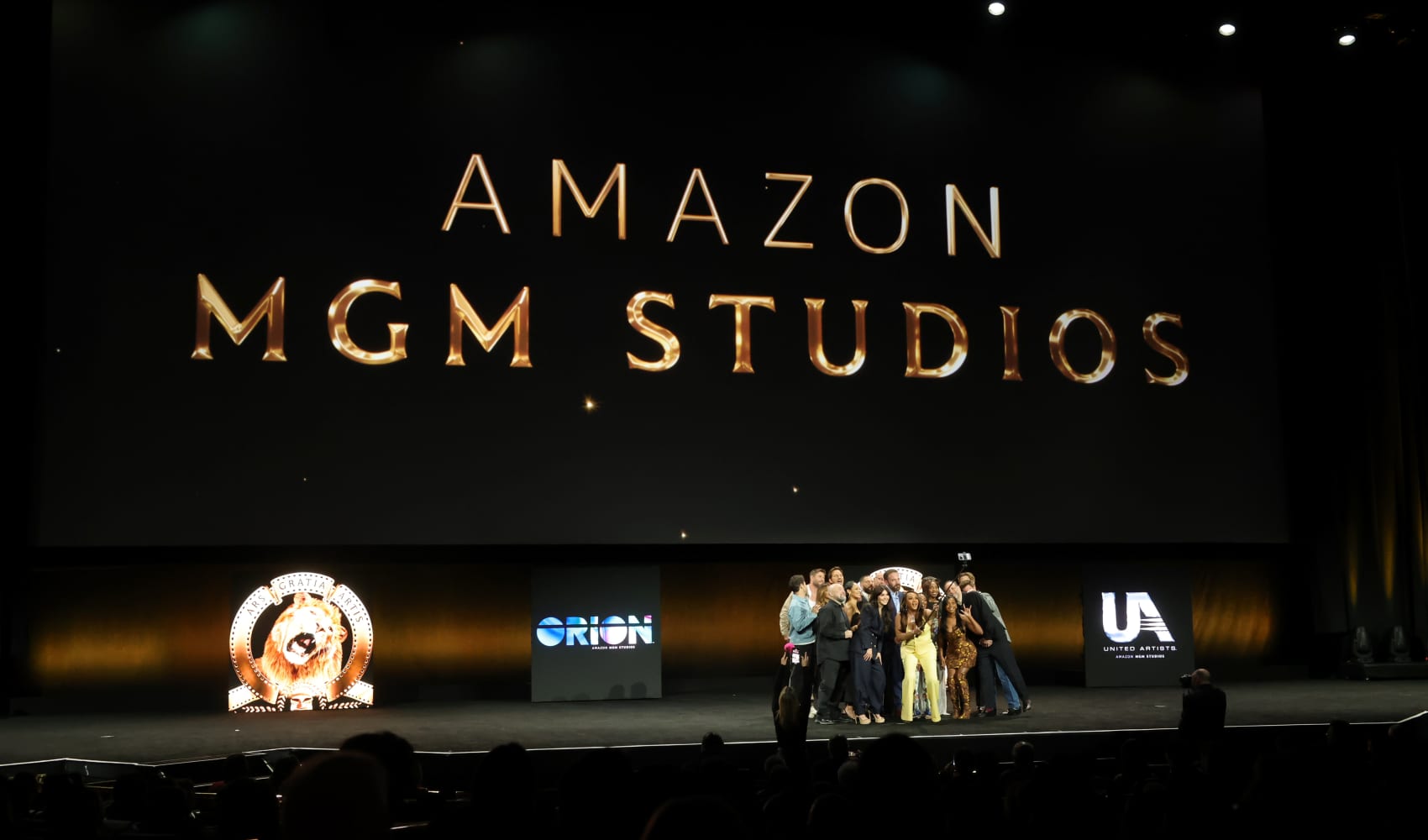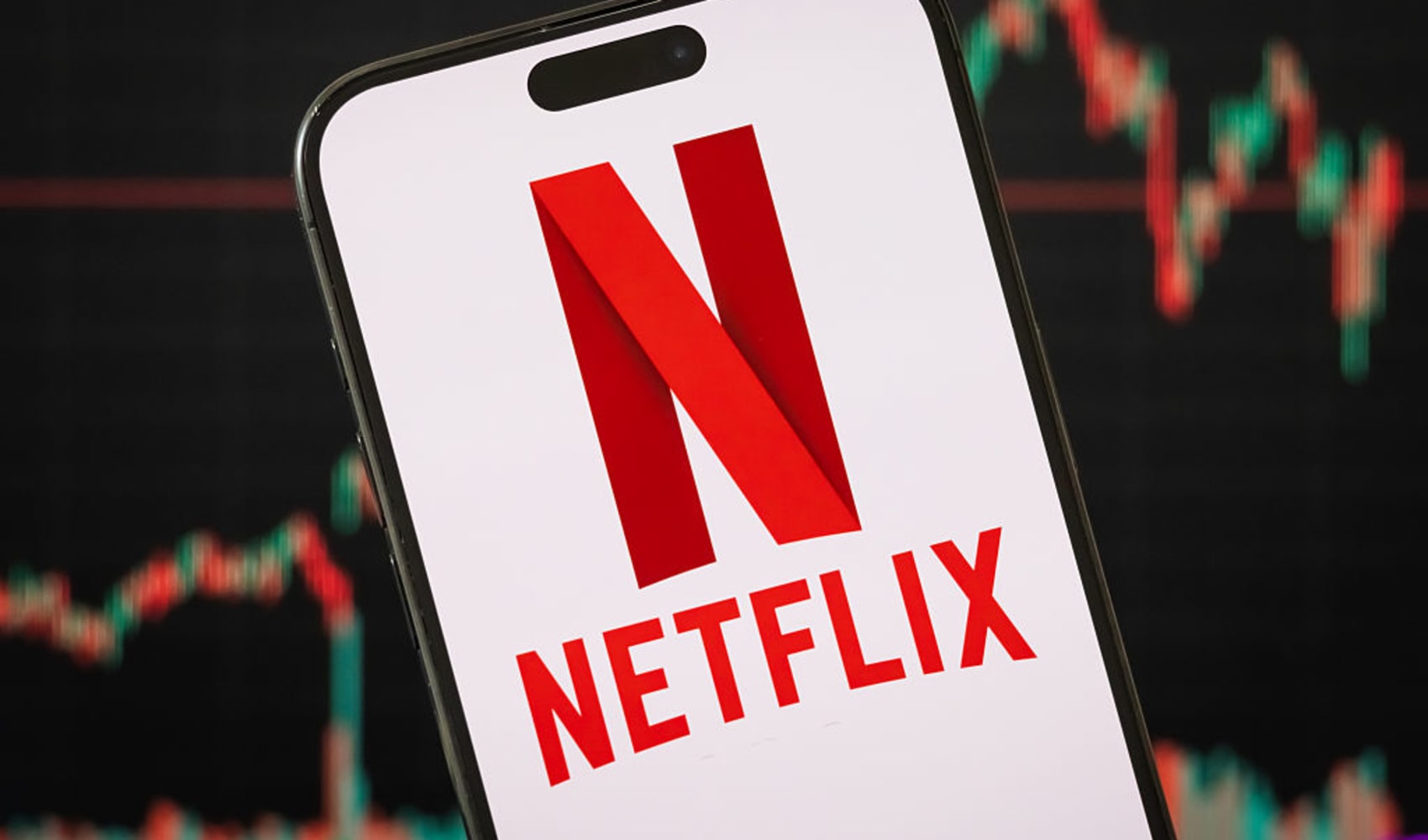Spotify's $100M Podcast Bet: Rogan, Cooper, Von Dominate!
Spotify's Podcast Powerhouse: $100 Million Invested in Rogan, Cooper, and Von
Introduction: The Sound of Money at Spotify
Ever wonder where your Spotify subscription fee goes? Well, wonder no more! News recently broke that Spotify shelled out over $100 million in the first quarter of 2025 alone to podcast publishers and individual creators. That's a whole lot of audio content, folks! But who exactly is benefiting from this audio gold rush? Let's dive in and find out how Spotify is strategically investing in the podcasting world, and more specifically, where that hefty sum is landing.
Spotify's Podcast Investment Strategy
Spotify isn't just throwing money at random podcasts; they're making calculated investments in content that attracts listeners and drives engagement. This $100 million+ investment signals a serious commitment to solidifying their position as a leading podcasting platform. It's like buying prime real estate in the audio landscape, ensuring they have the hottest properties – or in this case, podcasts – on their platform.
Acquisitions and Exclusive Deals
Part of Spotify's strategy involves acquiring podcast networks and securing exclusive deals with popular podcasters. This allows them to offer unique content that you can't find anywhere else, giving you a reason to choose Spotify over competing platforms. It's like your favorite band only playing gigs at one specific venue – you're going to go to that venue!
The Big Three: Rogan, Cooper, and Von
While $100 million sounds like a lot, it becomes clearer where the bulk of it goes when you consider names like Joe Rogan, Alex Cooper, and Theo Von. These are some of the biggest names in podcasting, attracting millions of listeners each week. So, who are these podcasting titans?
Joe Rogan and The Joe Rogan Experience
"The Joe Rogan Experience" is arguably one of the most influential podcasts in the world. Known for its long-form interviews and diverse range of guests, it has consistently ranked among the top podcasts on Spotify and other platforms. Joe Rogan's move to Spotify was a major win for the streaming service, bringing a huge and dedicated audience with him.
Alex Cooper and Call Her Daddy
"Call Her Daddy," hosted by Alex Cooper, has taken the world by storm. Focusing on sex, relationships, and self-empowerment, it's a podcast that resonates strongly with a younger, predominantly female audience. Cooper's candid and relatable style has made her a podcasting icon. Think of it like the modern-day advice column, but way more unfiltered.
Theo Von and This Past Weekend
Theo Von's "This Past Weekend" offers a blend of humor, personal anecdotes, and insightful observations. With his unique Louisiana drawl and comedic timing, Von has carved out a dedicated following. It's like hanging out with your funniest friend, but on demand. His widespread appeal ensures a strong listenership for Spotify.
Why Are These Podcasts So Valuable?
What makes these podcasts worth so much money? It's a combination of factors, including listenership numbers, audience engagement, and the potential for advertising revenue. It's all about the eyeballs (or earholes, in this case!).
Massive Audience Reach
Each of these podcasts boasts millions of listeners worldwide. This massive audience reach translates into valuable advertising opportunities for Spotify. Advertisers are willing to pay top dollar to reach such a large and engaged audience. Think of it as a direct line to millions of potential customers.
High Engagement Levels
It's not just about the number of listeners; it's about how engaged those listeners are. These podcasts foster a sense of community and connection with their audiences, leading to higher levels of engagement. Listeners are more likely to share episodes, leave reviews, and even purchase merchandise. This level of engagement is incredibly valuable to advertisers and Spotify.
Advertising Revenue Potential
With large, engaged audiences, these podcasts generate significant advertising revenue for Spotify. The more listeners, the more advertisers are willing to pay for ad spots. It's a simple equation: more listeners = more money.
The Impact on Other Podcasters
Does this influx of cash for top-tier podcasts leave smaller creators in the dust? It's a valid question. While it might seem like all the money is flowing to the big names, it also raises the profile of podcasting as a whole, potentially benefiting everyone.
Increased Platform Visibility
When Spotify invests heavily in podcasting, it brings more attention to the platform as a whole. This increased visibility can lead to more people discovering podcasts in general, which can benefit smaller creators as well. It's like a rising tide lifting all boats.
Opportunities for Collaboration
The success of these big-name podcasts can also create opportunities for collaboration and cross-promotion. Smaller creators might have the chance to guest on larger podcasts or collaborate on special projects, helping them reach a wider audience. It's all about networking and building relationships.
The Future of Podcasting on Spotify
So, what does the future hold for podcasting on Spotify? It's likely that we'll see even more investment in exclusive content and strategic partnerships. Spotify seems determined to dominate the podcasting landscape, and this $100 million investment is just the beginning.
Continued Investment in Exclusive Content
Expect to see Spotify continue to invest in exclusive podcast content, securing deals with even more high-profile creators. This will help them differentiate themselves from other platforms and attract even more listeners. It's a constant arms race for the best audio content.
Technological Innovation
Spotify is also likely to invest in technological innovations to enhance the podcasting experience. This could include features like interactive transcripts, personalized recommendations, and enhanced audio quality. It's all about making podcast listening more engaging and enjoyable.
Is Spotify's Bet Paying Off?
Ultimately, the success of Spotify's podcasting strategy will depend on whether it can attract and retain listeners, generate revenue, and maintain its position as a leading platform. Are they making the right calls? Only time will tell, but the initial signs are promising.
Conclusion: The Sound of Success?
Spotify's investment of over $100 million in podcasting, with a significant portion going to Joe Rogan, Alex Cooper, and Theo Von, underscores its commitment to dominating the audio content market. While questions remain about the impact on smaller creators, this investment demonstrates the growing value and potential of the podcasting industry. Whether this substantial investment will ultimately lead to long-term success for Spotify remains to be seen, but it is clear that podcasting is a key battleground in the streaming wars.
Frequently Asked Questions
- Why is Spotify investing so much in podcasts?
Spotify views podcasts as a key element of its long-term strategy to become the leading audio platform. Podcasts attract new users, increase engagement, and offer new advertising opportunities.
- Will this investment affect smaller podcast creators?
While the majority of the investment goes to top-tier podcasts, increased platform visibility and potential collaboration opportunities could indirectly benefit smaller creators. However, it also raises concerns about resource distribution within the platform.
- How does Spotify make money from podcasts?
Spotify generates revenue from podcasts through advertising (both pre-roll and mid-roll ads) and subscription fees. Exclusive podcast content encourages users to subscribe to Spotify Premium.
- Are podcasts exclusive to Spotify?
Some podcasts are exclusive to Spotify, meaning they can only be listened to on the platform. Other podcasts are available on multiple platforms.
- What are the benefits of listening to podcasts on Spotify?
Spotify offers a seamless listening experience, personalized recommendations, and exclusive content. Users can also listen to music and podcasts in the same app.



